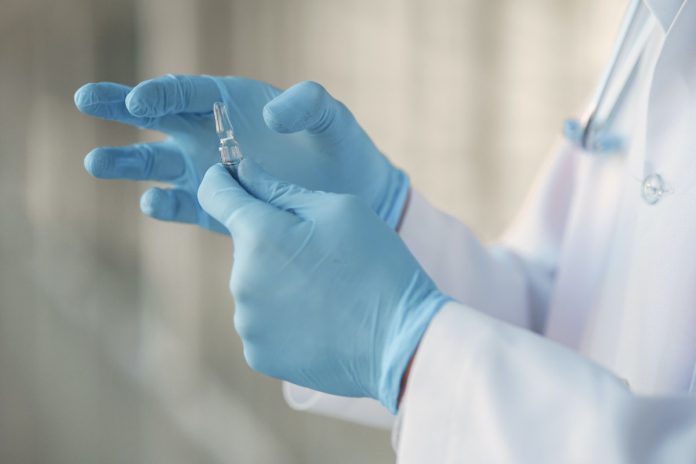As part of continued efforts to respond to the COVID-19 pandemic caused by SARS-CoV-2 virus, researchers have designed and synthesized two new inhibitors of the SARS-CoV-2 main protease – one of the best characterized drug targets among coronaviruses. Insights from their in vivo analyses suggest one of the novel inhibitors is a good candidate for further clinical studies. Therapies are urgently needed to fight the global COVID-19 pandemic. For viruses like HIV, effective drugs block the main virus protease – an enzyme that processes proteins critical to virus development. Here, informed by the structure of the SARS-CoV main protease, Wenhao Dai and colleagues designed two inhibitors, 11a and 11b. In cell culture, both inhibitors strongly inhibited the activity of the main SARS-CoV-2 protease, the authors report, showing good anti-viral activity. To elucidate the compounds’ mechanisms of inhibitory action, the authors determined the high-resolution crystal structure of 11a and 11b, respectively, bound to the main SARS-CoV-2 protease complex at 1.5-angstrom resolution. The two structures reveal a similar inhibitory mechanism, say the authors, in which both compounds occupy the substrate-binding pocket of the SARS-CoV-2 main protease. Compound 11a, however, had better pharmokinetic properties when tested in mice. It was selected for further investigation, including for toxicity, with intravenous drip dosing in Sprague-Dawley (SD) rats and Beagle dogs, where no obvious toxicity was observed for the period studied. The results of the tests in rats and dogs indicate that that this compound is a promising drug candidate for further clinical studies.
Foto: Gustavo Fring from Pexels




















































